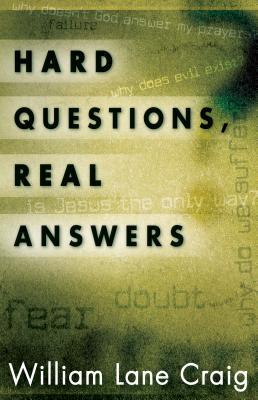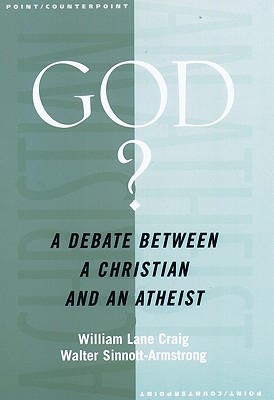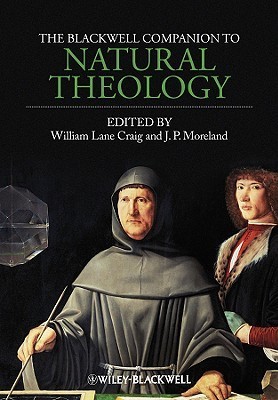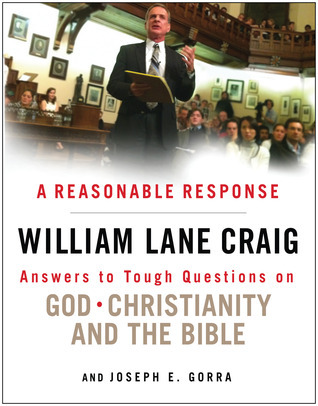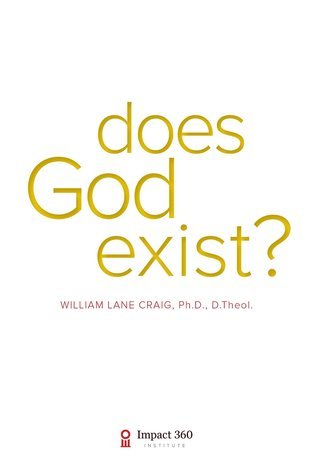
Does God Exist?
Book Description
Can reason and faith coexist in a world driven by skepticism? In "Does God Exist?", William Lane Craig takes the audience on an intellectual journey that challenges the very foundations of belief. With compelling arguments and deep philosophical insights, he delves into age-old questions that spark fiery debates: What is the purpose of existence? Can morality stand without a divine anchor? As he navigates the landscape of science, philosophy, and theology, tension builds, inviting readers to confront their own convictions. In a world filled with uncertainty, is the existence of God merely a question of faith, or is there compelling evidence waiting to be uncovered?
Quick Book Summary
In "Does God Exist?", William Lane Craig examines the perennial question of God's existence from the vantage points of philosophy, theology, and science. Throughout the book, Craig articulates and defends several classic and contemporary arguments favoring theism, such as the cosmological, teleological, and moral arguments. He engages with leading objections from skepticism and atheism, dissecting whether belief in God is intellectually tenable in an age dominated by scientific discovery and secular thought. At the heart of the book is a thoughtful exploration into the rationality of faith, the grounding of moral values, and humanity's persistent search for meaning. Craig offers readers both rigorous reasoning and personal reflection, challenging them to grapple honestly with their own convictions about divinity.
Summary of Key Ideas
Table of Contents
Philosophical Arguments for God's Existence
William Lane Craig begins his exploration by surveying the principal philosophical arguments for God's existence. He unpacks the cosmological argument, which contends that the universe's existence demands a sufficient cause that transcends material reality. The teleological argument is also examined, drawing from the apparent fine-tuning and intricate order found in nature as indicators of intelligent design. Furthermore, Craig revitalizes the moral argument, suggesting that objective moral values require a transcendent standard, which he asserts is best explained by the existence of God. These arguments establish a cumulative case that blends empirical observation with abstract reasoning.
The Role of Science in the God Debate
The discussion then shifts to the interplay between science and religion, a central concern in contemporary debate. Craig acknowledges the remarkable achievements of scientific inquiry and considers whether modern cosmology and evolutionary theory undercut belief in God. He counters that, rather than eliminating the need for God, scientific advances often raise deeper questions about origins and purpose that pure materialism struggles to answer. In particular, Craig highlights the Big Bang theory and the apparent fine-tuning of universal constants as phenomena that can be coherently understood through theistic frameworks.
Moral Foundations and Objective Values
Craig thoroughly addresses the moral dimension of the God question. He argues that if there is no God, objective moral values and duties lack a firm foundation, reducing morality to mere social convention or evolutionary adaptation. By contrast, theism provides both grounding for moral absolutes and motivation for ethical action. He responds to secular attempts to construct morality on non-religious grounds by demonstrating their philosophical shortcomings and advocating that belief in God offers a more satisfactory explanation for the reality of good and evil.
Faith, Reason, and the Rationality of Belief
The relationship between faith and reason is a theme that threads through the entire book. Craig challenges the notion that faith is inherently irrational or opposed to evidence. Instead, he contends that faith can be deeply rational, built upon philosophical arguments, scientific insights, and personal experience. Craig also addresses psychological and existential obstacles to belief, such as the presence of suffering and doubt, and suggests that these struggles are intrinsic to the human condition, rather than insurmountable refutations of God's existence. In the end, he encourages readers to approach the question of God with openness, intellectual rigor, and earnest self-reflection.
Download This Summary
Get a free PDF of this summary instantly — no email required.

